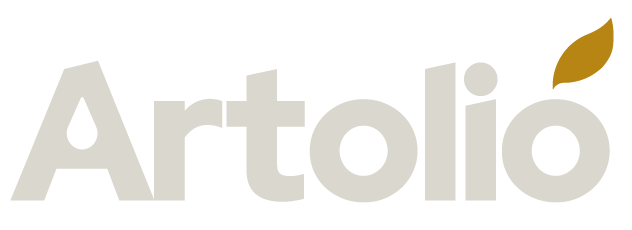INTERVIEWS
Salah Abu Eisheh
Table of Contents
Toggle“The progress of ARTOLIO in supporting olive farmers is clear and significant”
The ARTOLIO team is made up of a great variety of participants, from different places, regions and customs. Therefore, the variety is not only in the olives with which the oil of our farmers is made, but also in the Mediterranean culture that is intrinsic to the project. Among the partners that make up the team, we also find this variety reflected, and they are all united by the same nexus: helping farmers attain good quality extra virgin olive oil within the frame of sustainability.
Salah Abu Eisheh, director of the Palestinian Center for Agricultural Research and Development (PCARD), is one of ARTOLIO’s agricultural experts stationed in Palestine. There, Salah works side by side with the farmers and millers of the area to improve the quality of their extra virgin olive oil, reduce production costs, optimize the natural resources and support their local economy. He has also coordinated from the PCARD some events such as the participation of some farmers and millers from Palestine in the Jordanian Olive National Festival 2021, with the joint effort of the Israeli & Palestinian Olive Oil Council.
Salah joined the ARTOLIO project in the early stage of its concept development, through his connections in the PCARD, and gave the project designers a clear idea about the nature and characteristics of the olive oil sector in Palestine. This enabled them to open the discussion of “what they should do” to upgrade and develop the olive oil sector in Palestine, something much needed. Since the start of ARTOLIO, PCARD is effectively engaged in all its national and regional activities.
When asked about the progress made so far in his area, Salah comments that “The progress is clear and significant, farmers moved on from olive dry-farming to full-irrigation farming, they started filtering their oil for the first time because of ARTOLIO’s intervention and support. Considering producing high quality oil was the farmers’ priority, now they can concentrate on their other problems while striving to maintain that quality.” These problems, according to Salah, are still some concerns for the future of the project. More efforts should be put in the area of marketing. Farmers now can produce a very high quality olive oil and they know how to track the quality. However, they lack the means and connections to access a competitive market. Connecting producers with potential customers is the key for the ARTOLIO success.
